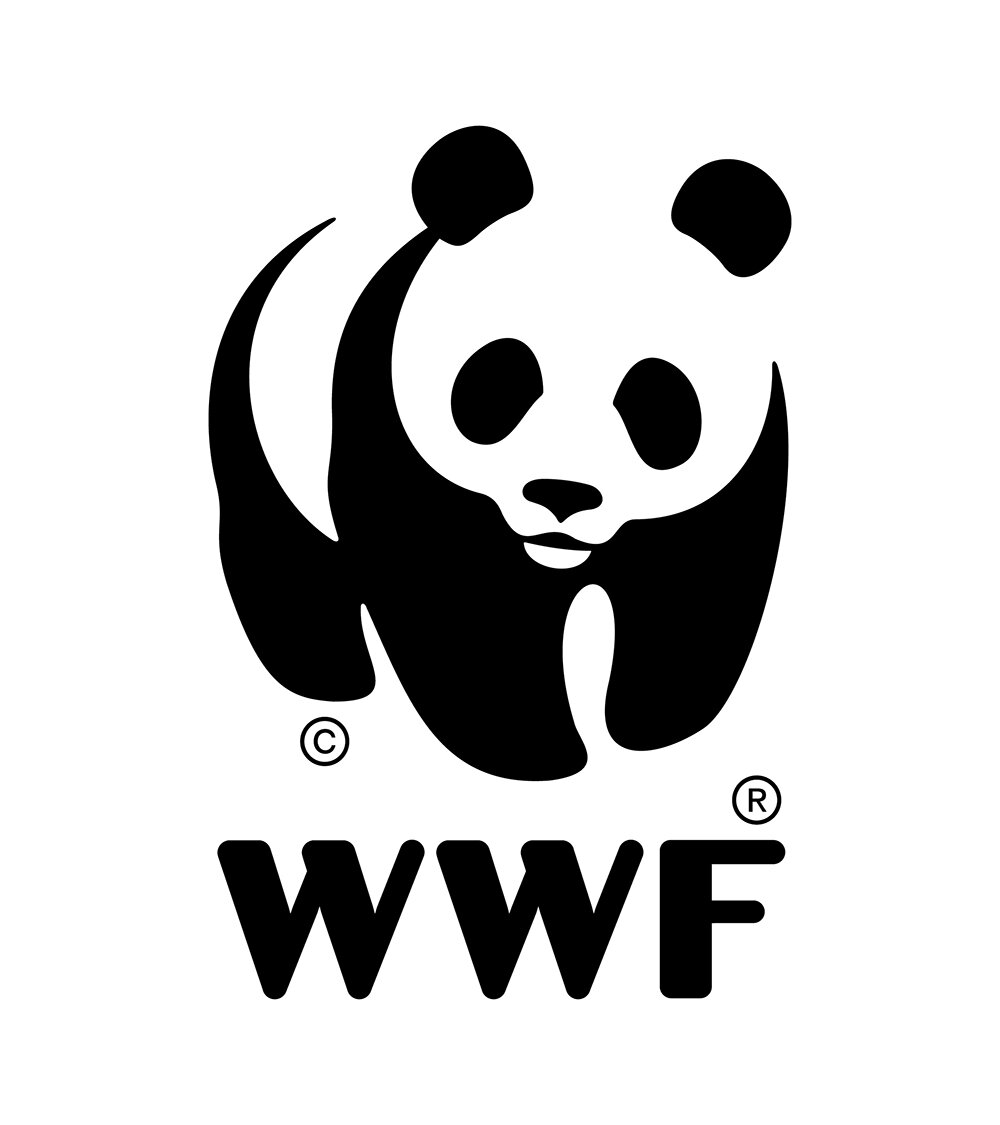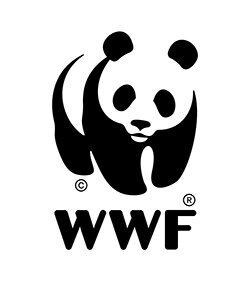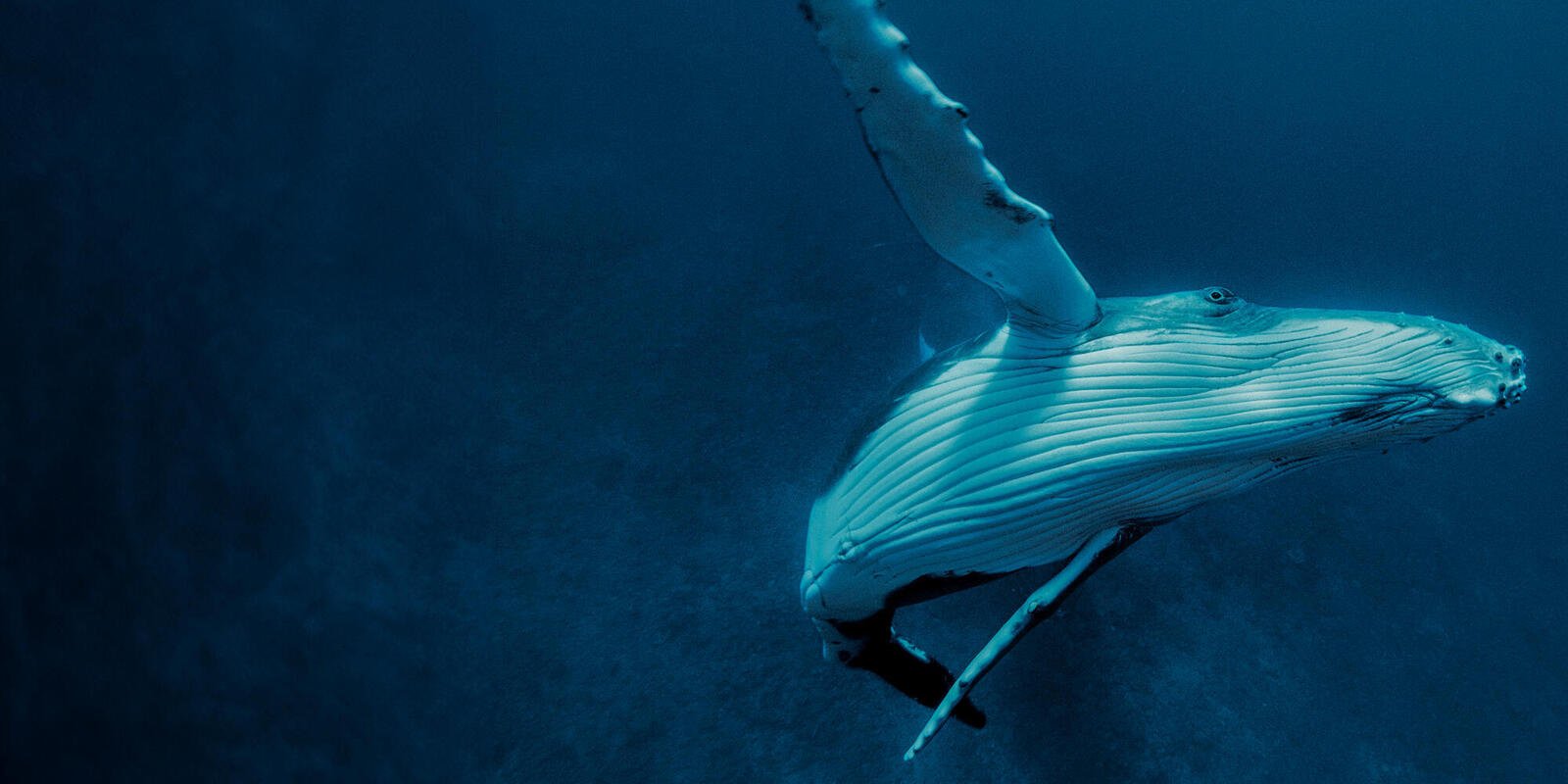
Eduardo Nájera-Hillman PhD
WWF Mexico
Photo © Sam Greenstone
Eduardo Nájera-Hillman PhD is the Coordinator of Seascapes for WWF Mexico based in La Paz.
Eduardo has 18 years of experience in natural resource management and nature conservation, with a combination of work in research facilities, government, and conservation organizations. His expertise is designing and implementinmg conservation actions to strengthen policies for the protection of globally significant marine species and ecosystems, such as white and whale sharks, humpback whales, hawksbill turtles as well as mangroves and coral reefs.
Eduardo has worked internationally on a range of international conservation science projects including for amphibians, deer, coral reefs, mangroves, marine mammals and sea turtles. This work has taken him to studying deep ocean environments in the Gulf of Mexico, the Caribbean, the Mexican South Pacific to tree-fern forests in New Zealand, dry forests in Oaxaca, as well as coastal lagoons and mangrove forests in northwestern Mexico. Some of his research experience with cetaceans includes assessments of abundance, distribution and behavior of gray whales and dolphins in Bahia Magdalena, one of the most productive and biodiverse coastal lagoons in the Baja California Peninsula.
Eduardo holds a Biology degree from the National Autonomous University of Mexico and a PhD in Conservation Ecology from the Auckland University of Technology, in New Zealand. He completed a postdoctoral fellowship at the Vertebrate Conservation Network of INECOL, in Mexico.
Eduardo has published 14 scientific articles, four book chapters and three technical reports. He has worked in the National Commission for Protected Natural Areas in coral reef monitoring and restoration projects and also served as the General Director of Wildcoast in Mexico, where he was able to lead its expansion to Cuba, the implementation of a blue carbon project in the Gulf of California and regional projects for the conservation of sea turtles, coral reefs and wetlands of international importance. In addition, Eduardo has been a teacher at high school, undergraduate and graduate levels in Mexico and abroad.












